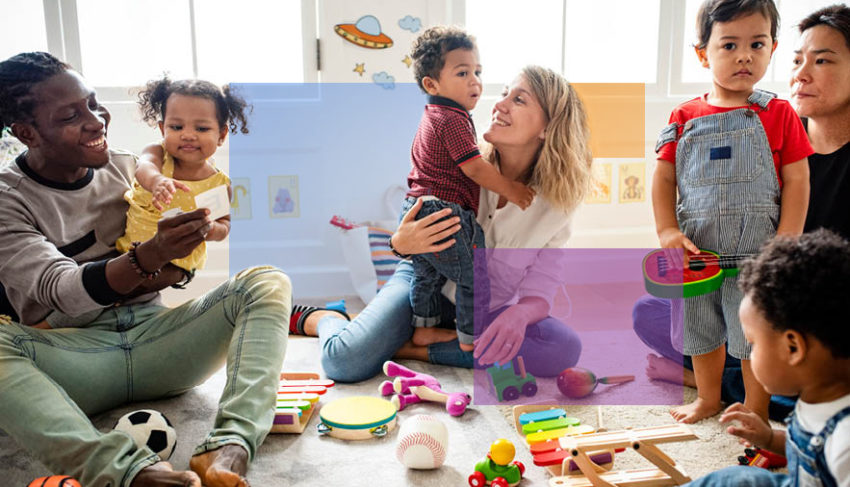5 reasons why teaching children to give is important
October 04, 2019
4 min read
It’s never too early to start teaching children to give or to engage children with the concept of charity. Any parent trying to get an active toddler to share with others can understand. Giving has long-term impacts beyond the playgroup and the schoolyard. Generosity can set the stage for better health with several benefits on individual wellbeing. Research shows the act releases hormones in the body that can contribute to better moods, improved physical health, and increased longevity.
To add, we all have causes we believe in and a change we’d like to see in the world. What better way to create change than to raise the next generation to be kind, compassionate, and generous?
5 reasons why teaching children to give early is important:
1. Children are inclined towards generosity.
Studies show that generosity and the inclination to help start very early. According to a study of children as young as 18 and 30 months old, children of both ages voluntarily engage in giving and helping of various kinds—including altruistic giving by handing over their own blanket to a cold experimenter. From the age of two, research has found that toddlers are happier giving than receiving.
With encouragement, skills around cultivating kindness and altruism can be further practiced and developed. Nurturing generosity in children, and teaching them that they are capable of creating an impact, can help them become better at giving in the future.
2. They are the next generation.
In Canada, the amount of money donated to the charitable sector is declining. Fewer Canadians are giving and those that are tend to be giving less. According to research by Imagine Canada, this trend could leave Canada facing an annual $25 billion deficit in the charitable sector by 2026. Teaching younger generations to give could lead to a more sustainable charitable sector in the future.
3. Knowing how to give with intention doesn’t come naturally.
The desire to help others and to create an impact comes naturally. But, knowing how to give to charity and manage monetary giving effectively does not. Teaching children about giving can help them discover causes they care about, develop budgeting skills and financial literacy, and open their eyes to valuable tools to help create change in the world. For donors of all ages, having a clear understanding of the causes that matter most to them can help to keep giving on track. This can lead to a regular habit of giving in a way that is intentional and personally meaningful, with impacts multiplied over time.
4. Giving can help identify interests and passions early on.
In a world where we are constantly faced with news stories and calls to action, it can be easy to feel overwhelmed. Starting conversations with children early about causes can help them to discover what matters most to them and to feel more empowered to make a difference. Research shows that talking to children about charity has a greater impact on children’s giving than role modeling alone.
5. We all have something to change in the world.
We all have something we’d like to change in the world. Today, we are increasingly globally connected with others worldwide. Teaching children about global issues and encouraging empathy can help them better engage with people from a range of cultures and backgrounds. By educating children on causes and how they can create an impact, you are also empowering them to create change and to stand up for their beliefs in the future.
How do you engage your children with charitable giving? We’d love to hear from you, get in touch at @wearechimp.
An Impact Account is like an online bank account for charitable giving. Support any registered charity in Canada and manage your giving the way you want to. You can also give the gift of charitable dollars. From birthday gifts to children’s allowances to “thank you’s,” send charitable dollars from your account to others for them to give away.
